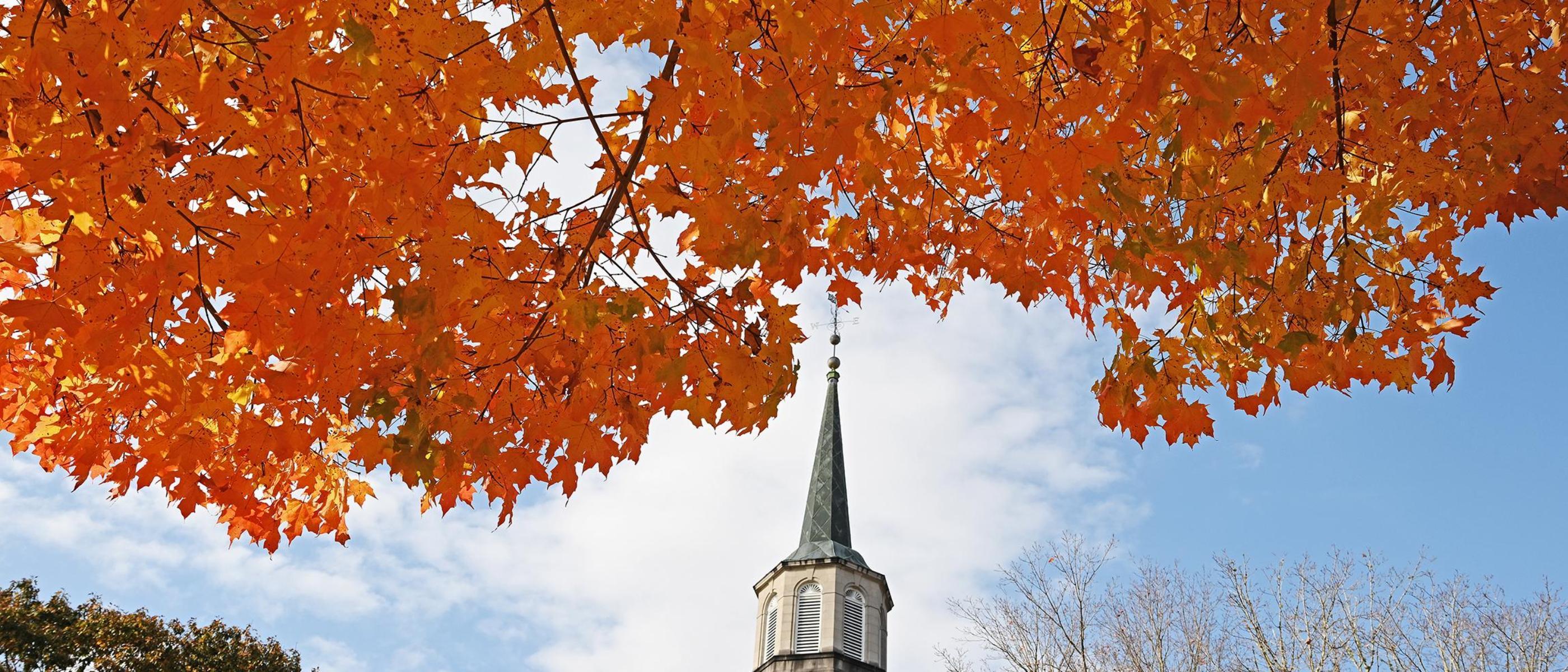Finding a life lesson in a hobby
Jackson Spallone ’28
The plants were all dead. I had carefully prepped the hydroponics before my three-week vacation, but when I came back I found all 36 pods holding dry, shriveled lettuce. All I could do was roll my eyes and plant new seeds.
My unexpected foray into gardening began after a shoulder injury sidelined me from the activities that my life revolved around, including lacrosse and workouts. For years I found most of the meaning in my life on the field: making goals, competing against other teams, and training to become the best player I could were all that mattered. This injury was a bitter blow and robbed me of the freedom to enjoy the tasks that once defined me. Without my team I wasn’t sure who I was or what I could find meaning in. But after a few months of stressing about how long it would take me to recover and return to the field, I found that prepping soil, building trellises, and planting seeds put my mind at ease.
What began as a modest 4' x 7'' garden bed quickly expanded into hydroponics that now occupy half of my backyard. The plants demand constant care, teaching me that their well-being requires patience, nurturing, and understanding. The fragile cucumber vines need careful trellising, while the unruly tomato plants need support to prevent them from flopping over. The overgrown zucchini was my own "Jack[son] and the Beanstalk" adventure: I had to cut the plant back in order to ensure its growth. When my plants yielded their first fruits, I discovered the rich feeling of harvesting giant vegetables I had grown from one miniscule seed. What I grew myself always tasted better than produce from the store, and I was glad I had developed the patience to wait until the harvest was truly ready.
The patience I learned translated into other aspects of my life, particularly my studies. Embracing my homework, projects and tests during my recovery period, I recognized the importance of nurturing both my mind and body. In the garden, I learned accountability to my plants and to myself. This accountability, rather than feeling restrictive, was empowering. It manifested as discipline, goal-setting, and achievement, and the reward was flavor-packed strawberries rather than success on the lacrosse field. What began as a distraction from my injured shoulder taught me to embrace setbacks, nurture growth, and find beauty in the slow unfurling of progress, as well as make sure the hydroponics don’t tip over.
I have realized that just like a seedling, I'm not invincible. I'm not going to frizzle up and rot, though sometimes it feels like it. There are days when I feel strong and days when I don’t, but no matter what, I am accountable to my physical therapy and training so that I can recover quickly and fully. I know it will take time, so every day I focus on little things I can do to nurture myself. I wake up, make breakfast, and stretch and strengthen my shoulder. This process is painful, but now I know how to wait. Soon it will be worth the months of effort and I’ll be back on the field stronger than I was before.
As I ease my way back into lacrosse, the sport feels both comfortably familiar and entirely new. The physical motions are the same, but my emotions regarding lacrosse have changed. I still enjoy the thrill of making a goal and can’t wait to return to the field, but I no longer play lacrosse to achieve victory: I do it because it makes me feel alive. The garden taught me that rather than being the best above all else, accountability and showing up is the way to show true care for my friends and teammates.
Why It Worked
Every essay we receive is read by our admission counselors. Here's what they said about Jackson’s:
That first sentence is a knockout. And rather than a simple recollection of recovering from an injury—a topic we read about a lot—Jackson created the extended metaphor of gardening, adding more depth and dimension to the story. While he learns what’s required to tend to both plants and to himself, we learn more about him. And ultimately the essay isn’t about either the injury or the garden; it’s about patience and showing up consistently.
